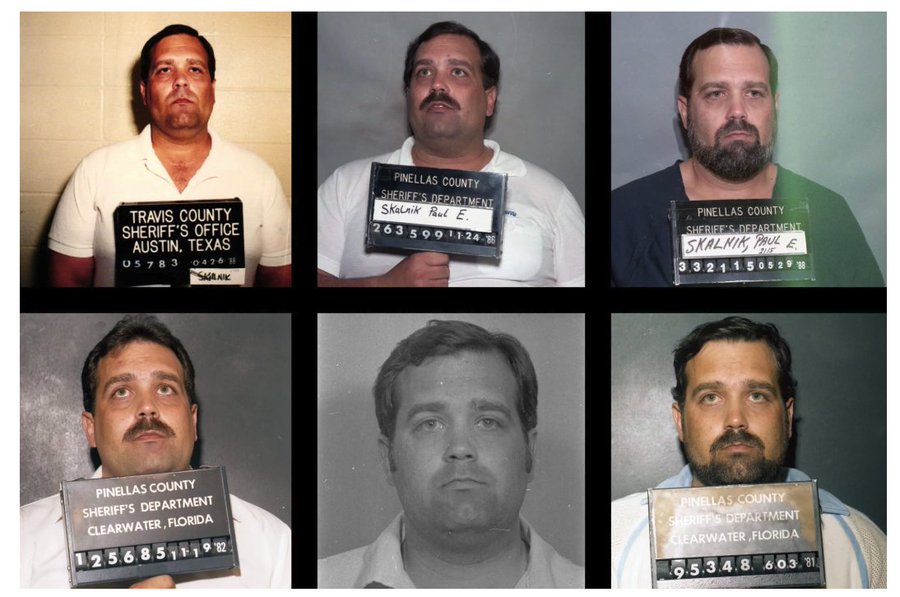The state attorney’s office needed a conviction. The papers had called the murder one of the county’s “cruelest.”
Here’s what was going on in Florida at the time:
When Gov. Bob Graham ran for reelection in 1982, he needed to combat his nickname “Governor Jell-O,” which he’d gotten for being weak.
He reinvented himself by signing death warrants.
Skalnik was so valuable, in fact, that he was often released after assisting the state, only to commit more crimes.
His grand-theft case in 1981 was supposed to go to trial.
Instead, he got a deal: he gave prosecutors information about three defendants charged with murder.
Then, they recommended that he spend no more than three years in prison — two fewer than he was facing.
Then he got out.
Then he was charged with "lewd and lascivious conduct on a child" after sexually assaulting a 12-year-old girl.
They dismissed the molestation charge completely, and he got five years for new crimes.
They didn’t send him to prison. He stayed in jail, where he got back to work as an informant.
When Skalnik was moved into defendant Terry Van Royal's cell, Van Royal protested.
He later said: “I told the guard I would not be in the same cell with him because I knew who he was and what he did.”
Both were sentenced to death, partly based on his testimony.
Skalnik’s testimony was essential to establishing that Gaines committed not a crime of passion, but a premeditated killing
Prosecutor asks Skalnik on the stand if he will get anything in return for testimony, he says no.
Three months after the Gaines trial, Young wrote to the Florida Dept of Corrections to request leniency.
But here’s the big plot twist:
In 1988, after he is arrested and they don't offer him a deal, he turns on them.
He says he was rewarded for giving false testimony and files a motion claiming extensive prosecutorial misconduct.
So prosecutors had to respond, and they did it essentially like this:
A richly paradoxical about-face for an office that had asked scores of jurors to take Skalnik at his word.
Guess how this resolved..
Then, he is charged with sexually assaulting ANOTHER girl.
“It’s hard to believe prosecutors relied on him,” she told us recently.
Skalnik gets put away for 10 years.
The investigator declined. And here’s why:
The investigator in 2015 was emphatic about why he wouldn’t want to work with Skalnik.
A spokeswoman for the Pinellas County sheriff’s office declined to comment for the story, noting that the cases in question took place long ago.




